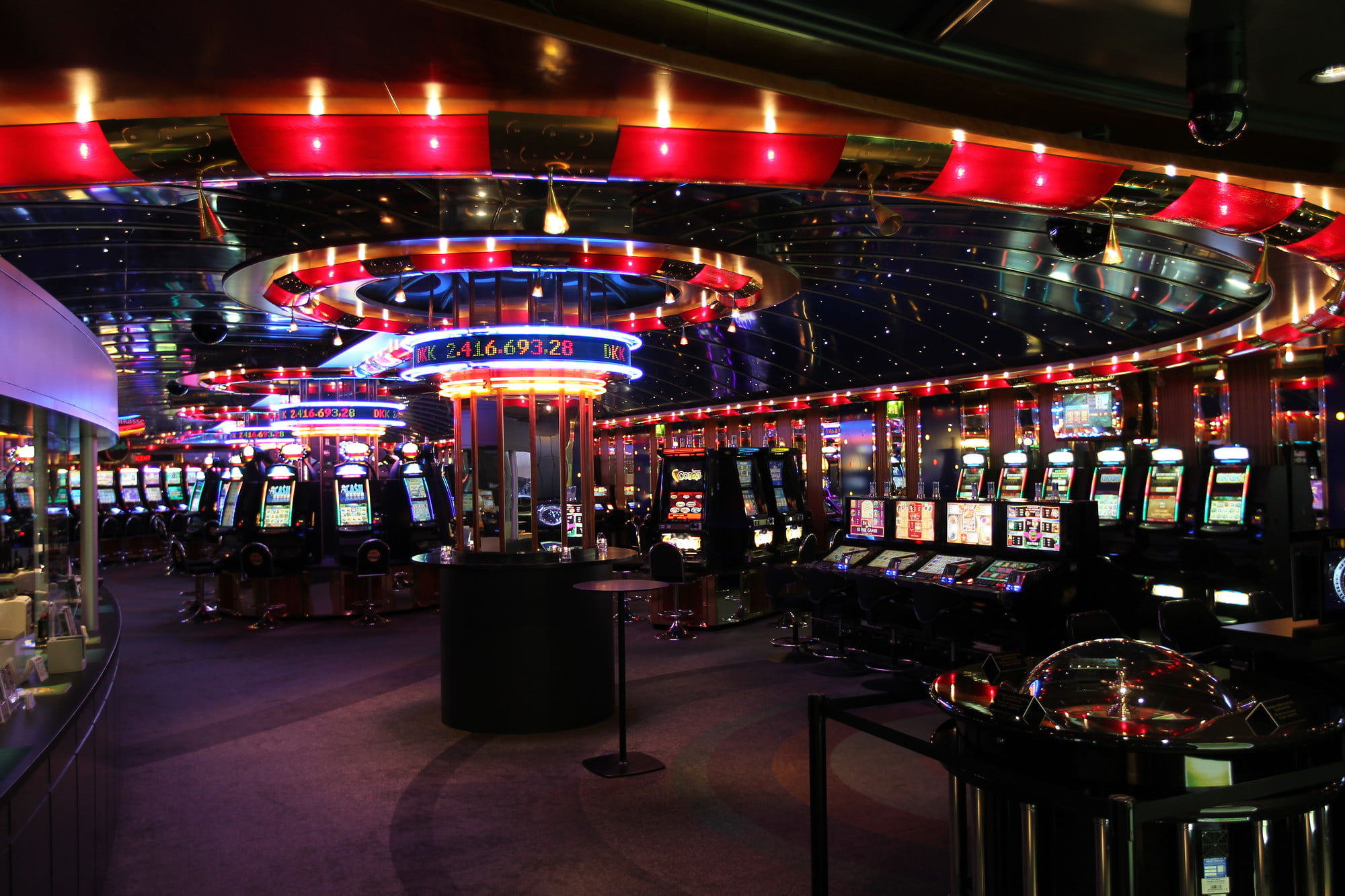In what way Gaming Experiences Represent the Human Existence

Gambling games have long been a significant aspect of human culture, providing not just entertainment but a fascinating reflection of our dreams, dreams, and concerns. From the rotating wheels of a slot machine to the skill-based strategies of poker, these games embody a spectrum of human feelings and experiences. At their core, casino games are not just a chance to earn cash; they are a reflection of life itself, where risk and reward merge and fortunes can change in an eye blink.
As players assemble around tables or sit in front of glowing machines, they engage in a ceremony that transcends mere gambling. These games mirror our natural desires for connection, excitement, and the search for fortune. They also unveil deeper truths about human behavior, such as our relationship with luck and the thrill of risk. In exploring casino games, we reveal not only the rules of play but also the intricate pattern of the human experience, showcasing our woven narratives of goal and reality.
The Psychology of Gambling
Gambling is intrinsically connected in the psyche of individuals, tapping into various feelings and wants. The excitement of taking risks is a fundamental aspect that draws players in, whether the thrill of spinning a roulette or the anticipation of drawing a winning hand in poker. This adrenaline is frequently likened to other forms of thrill, as the uncertainty of outcomes triggers a unique psychological response. Players often find themselves entranced by the possibility of striking it rich, leading to an irresistible draw toward casino games.
Another, an essential component of the psychology behind gambling is the concept of optimism and ambition. Players often indulge in dreams of financial freedom and the luxurious lifestyle that can accompany winning. This optimism fuels their continued participation in gambling, as it provides a sense of purpose and the belief that a transformative win could be just one wager away. The narrative of overcoming odds and finding success resonates with many, strengthening their commitment to play and engage with these games.
Lastly, social aspects play a significant role in gambling psychology. Gambling venues are designed to promote social interaction, where gamblers gather to share the experience of wins and losses. This communal aspect not only enhances enjoyment but also influences behavior, as individuals often imitate the actions of others in their vicinity. The social validation found in shared excitement can magnify the emotional experience, making casino games a reflection of not just personal desires but also shared involvement within the gambling community.
### Risk and Reward: A Double-Edged Sword
Casino games embody the delicate balance between risk and reward that resonates deeply with the human experience. The excitement of placing a bet is often accompanied by a rush of adrenaline, as gamblers are confronted with the chance of winning big, yet conscious of the potential to lose. This dual experience reflects a core aspect of life: the decisions we face often come with built-in risks, and the chase for gain can drive us to make risky moves we might not typically consider. In this way, casino games reflect real-world decisions, enticing players to risk not just their funds, but also their aspirations.
The allure of big prizes and winnings fuels a feeling of positivity, motivating players to dream of a more promising future that could manifest from a single victorious spin of the wheel or dealing of a hand. This positive outlook can motivate individuals to engage in greater risks, pushing them to take greater risks in search of monetary success. not on GamStop However, just as in life, the outcomes of these decisions can lead to both victory and loss. The stories of both big winners and those who have lost everything at the tables demonstrate the unpredictable nature of luck and its impactful effect on our futures.
Ultimately, the interaction of engaging with gambling activities serves as a vivid illustration of the human condition. Every session played is loaded with the tension of uncertainty, as players weigh the rewards against the dangers. This dynamic not only highlights the excitement that comes with gambling but also exposes the weaknesses that come with the longing for more. As we journey through the complexities of choice and results in both the gambling world and in life, we find that the pursuit of risk and reward shapes our sense of self and lives in significant manners.
Culture and Isolation in Gambling Environment
Casino environment is a distinct mix of social interaction and individual endeavor, reflecting the dualities of human experience. Gamblers often gather around games, experiencing in the excitement of the game, celebrating wins, and sympathizing over losses. This social aspect is crucial, as it fosters a sense of belonging and camaraderie among varied groups of people. Regular visitors to gaming establishments may build friendships and develop routines, turning the casino into a alternative home where they feel linked to a larger community of players.
However, the appeal of casino games can also result to loneliness. As individuals become engrossed in the thrill of gambling, they may isolate from personal connections or neglect to engage with the world outside the gaming space. For some, the search of a windfall can distract from real connections, leading to isolation. The situation of being among others yet feeling solitary is not rare, as the attention shifts from shared enjoyment to the private stakes of each individual’s path.
This interplay of community and solitude creates a vivid tapestry that defines casino culture. It highlights the intricacy of social interactions, where joy and despair exist together. Gambling venues serve as both a sanctuary for social engagement and a platform for individual challenges, demonstrating how intimately entwined our yearning for connection and the individual quest for fortune can be. In navigating this environment, players confront their own narratives—seeking both the thrill of the wager and the fellowship of other gamblers, ultimately reflecting the broader spectrum of individual experience.
